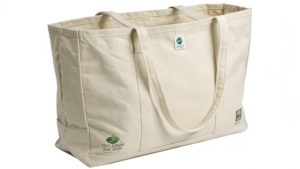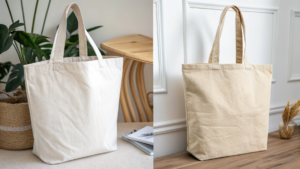Can I Use Canva to Design T-Shirts?
Are you wondering if Canva is good enough for your t-shirt designs? I know that question comes up a lot for new designers and small businesses.
Yes, you can use Canva to design t-shirts, leveraging its user-friendly interface, drag-and-drop features, and template library to create visually appealing graphics, though success requires thoughtful design beyond just basic elements and an understanding of print-ready file formats.
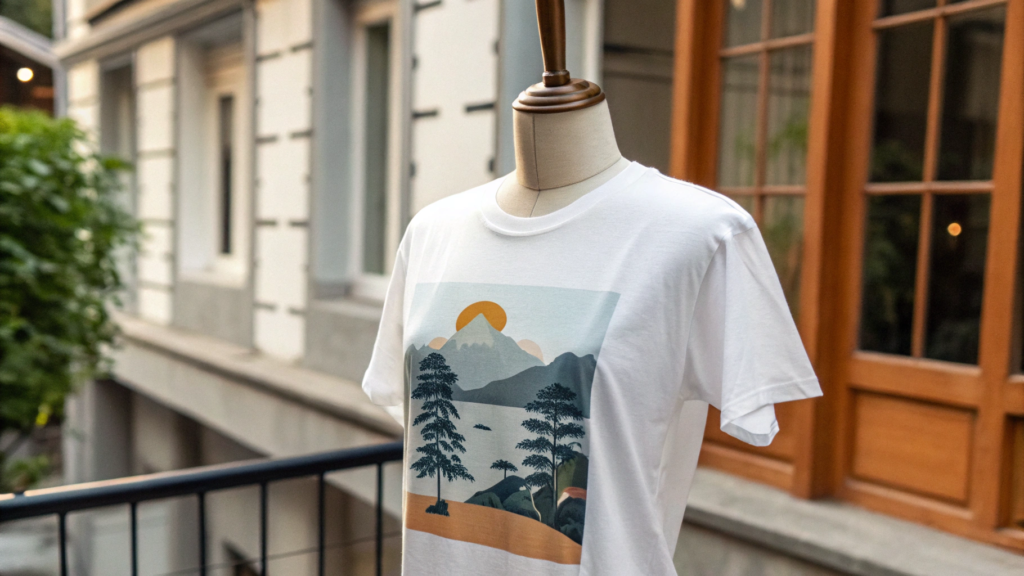
Canva has made designing things much easier for everyone. I have seen how it helps people create quickly. For t-shirt designs, it lowers the bar for anyone wanting to create. It offers simple tools, easy drag-and-drop features, and thousands of ready-made designs. But just picking fonts and pictures is not enough for real success in t-shirt design. You need original ideas. You need a clear purpose. You also need a smart plan.
Is Canva Good for Making T-Shirts?
Are you asking if Canva is truly effective for creating great t-shirt designs1? It is a fair question, especially if you are serious about your brand.
Canva is good for making t-shirts, especially for beginners or those needing quick designs, due to its accessibility and vast library of graphics and fonts. However, advanced designs and print quality often require a paid subscription for high-resolution exports.
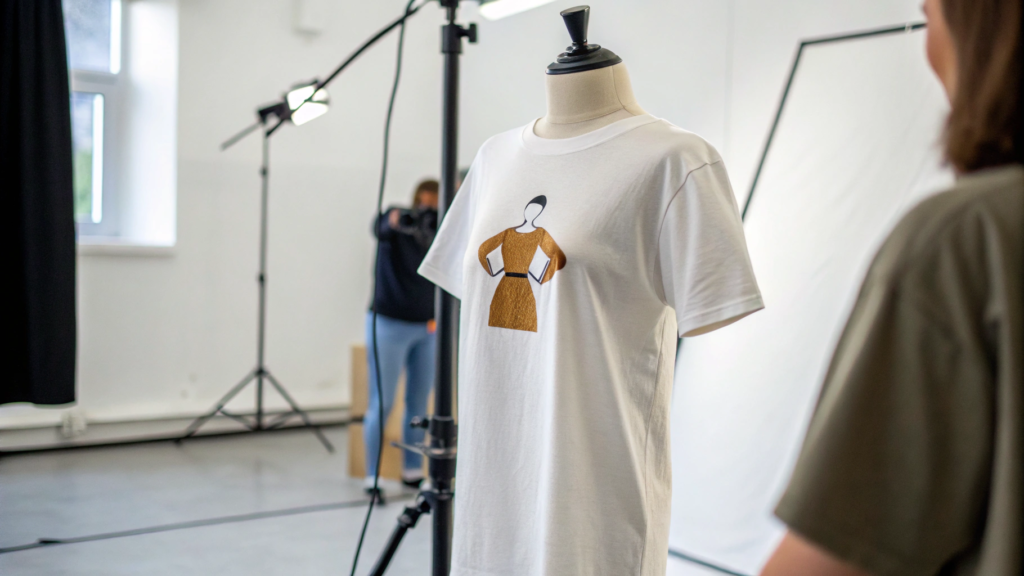
Canva is good for making t-shirts. I have seen many people use it for this. It makes design easy for everyone. Its simple layout helps anyone start making designs fast. It has a huge collection of pictures, fonts, and ready-made designs. This means even small businesses can make good-looking t-shirt ideas quickly. You do not need to learn complex programs like Adobe Illustrator. This is a big advantage. The real strength of Canva for t-shirts comes when you mix your own creativity with a clear goal. Just using Canva's tools does not mean your design has to look like everyone else's. Some very popular t-shirt designs started as simple Canva layouts. They became popular because the creator had a strong idea. They knew who their audience was. It is all about how you use the tool.
Maximizing Canva for T-Shirt Design Success
To get the most out of Canva for t-shirt design, you need to go beyond just picking a template. I always tell my clients to think about these points.
- Originality is Key: While Canva has many templates, use them as a starting point. Do not just use them as they are. Change the colors. Move elements around. Add your own touch. The goal is to make something unique.
- Understand Your Audience: Who will wear this t-shirt? Design for them. Is it for a sports team? A charity event? A fashion brand? Your design should speak to those people.
- Think About Printability: Not all designs look good when printed on fabric. Simple designs often work best. Avoid very fine lines or tiny details that might not print well. Think about the color of the shirt itself. How will your design colors look on it?
- File Quality Matters: This is crucial. Canva's free version might not give you the high-resolution files you need for printing. For good quality t-shirts, you usually need a transparent PNG file. It should be at 300 dots per inch (DPI). If you are serious about selling t-shirts, you might need a Canva Pro subscription. This lets you download designs in higher quality and with transparent backgrounds. I have seen many great designs ruined by poor file quality2. This is a common mistake for beginners.
- Experiment with Fonts and Graphics: Canva has a lot of options. Mix and match fonts. Find graphics that fit your message. Do not be afraid to try new things.
By focusing on these points, you can make really good t-shirts with Canva. It is a powerful tool if you use it smartly.
| Aspect of Design | Canva's Offering | How to Maximize for T-Shirts |
|---|---|---|
| Templates | Thousands of pre-designed layouts. | Use as inspiration; customize heavily for originality. |
| Graphics/Elements | Vast library of icons, shapes, and illustrations. | Combine multiple elements, adjust colors, or upload your own. |
| Fonts | Wide selection of free and premium fonts. | Choose readable fonts; ensure they fit your brand's message. |
| User-Friendliness | Drag-and-drop interface, intuitive tools. | Focus on clear communication; do not overcomplicate the design. |
| File Export | Various formats (PNG, JPG, PDF); Pro for transparent BG. | Always export at 300 DPI for print quality; use transparent PNG. |
| Color Palette | Easy color selection and custom palettes. | Consider fabric color; use colors that stand out and are harmonious. |
Do Canva Shirts Shrink?
Are you concerned about your custom-designed shirt shrinking after you wash it? It is a common worry with any new clothing item.
Canva itself does not make shirts; it is a design tool. Whether a shirt designed on Canva shrinks depends entirely on the fabric of the shirt chosen by the print-on-demand company, with cotton being prone to some shrinkage unless pre-shrunk.
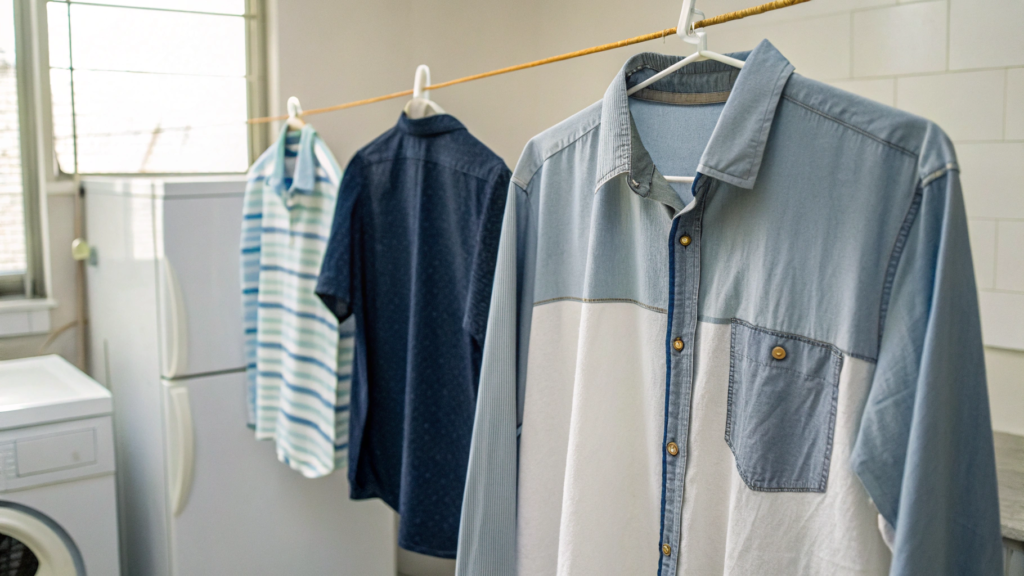
This is a good question, but it has a simple answer. Canva is a design program. It does not make physical shirts. So, Canva shirts do not shrink because Canva does not make them. The shirt itself is what might shrink. This depends on the fabric. Most custom t-shirts are made by a separate printing company. They will use different shirt blanks. If the shirt is 100% cotton, it might shrink a little. Cotton is known to shrink when washed and dried, especially with heat. Many t-shirt companies use "pre-shrunk" cotton. This means the fabric has been treated to reduce shrinkage. Shirts made of polyester or blends (like cotton-polyester) usually shrink much less. They are more stable. So, if you are worried about shrinking, you need to check the material of the shirt blank the printer uses. Always ask the printing company about the fabric blend. This is what truly affects shrinkage, not the design software.
Are Canva Shirts Soft?
Are you hoping your custom shirt will feel comfortable to wear, not rough or stiff? Comfort is key for any t-shirt.
Canva does not produce physical shirts; it is a design platform. Whether a shirt designed on Canva is soft depends on the fabric material chosen by the print provider, with ringspun cotton and triblends generally offering the softest feel.
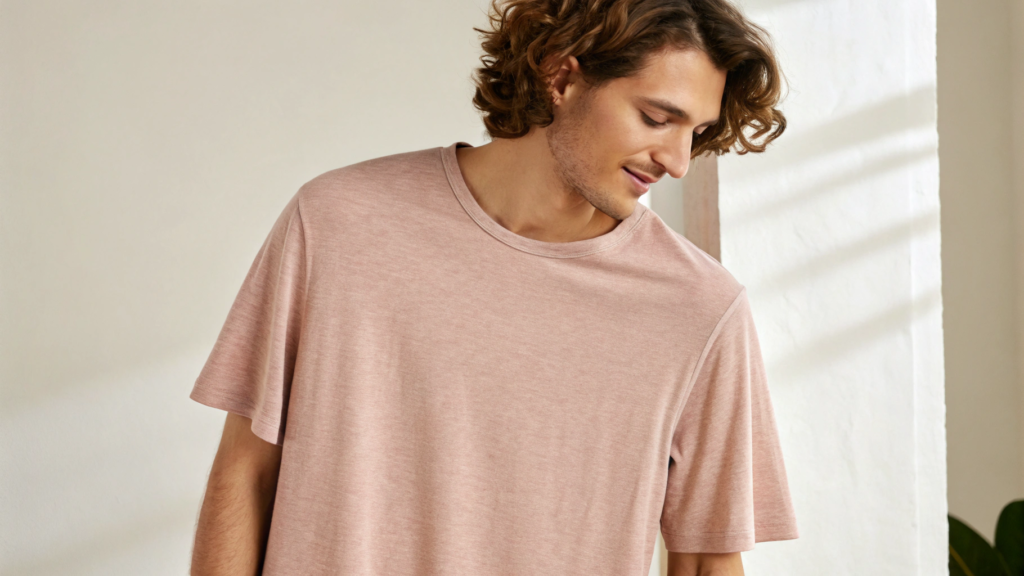
Again, this question goes back to what Canva actually does. Canva helps you create the design. It does not make the physical shirt. So, Canva shirts are not soft or rough themselves. The softness of a shirt depends on the fabric it is made from. When you order a custom t-shirt with your Canva design, a printing company makes it. They use blank shirts. These blanks come in different materials.
- 100% Cotton: Cotton shirts can be very soft, especially if they are "ringspun" cotton. Ringspun cotton has smoother, finer threads. This makes the fabric feel softer than regular cotton.
- Cotton Blends: Shirts that mix cotton with polyester or rayon (like "triblends") are often very soft. Polyester adds durability. Rayon adds a silky feel. These blends can be very comfortable.
- Polyester: 100% polyester shirts are less common for casual wear. They are often used for sports because they wick moisture. They might not feel as soft as cotton or blends.
If you want a soft shirt, you need to look at the material details from your chosen print provider. Ask them about the fabric. Look for terms like "ringspun cotton" or "triblend." These usually mean a softer shirt. The design itself, made in Canva, does not change how the fabric feels.
Conclusion
Canva is a powerful tool for t-shirt design, offering accessibility and templates. Success hinges on thoughtful design, understanding print requirements, and choosing quality shirt blanks, which determine shrinkage and softness.



